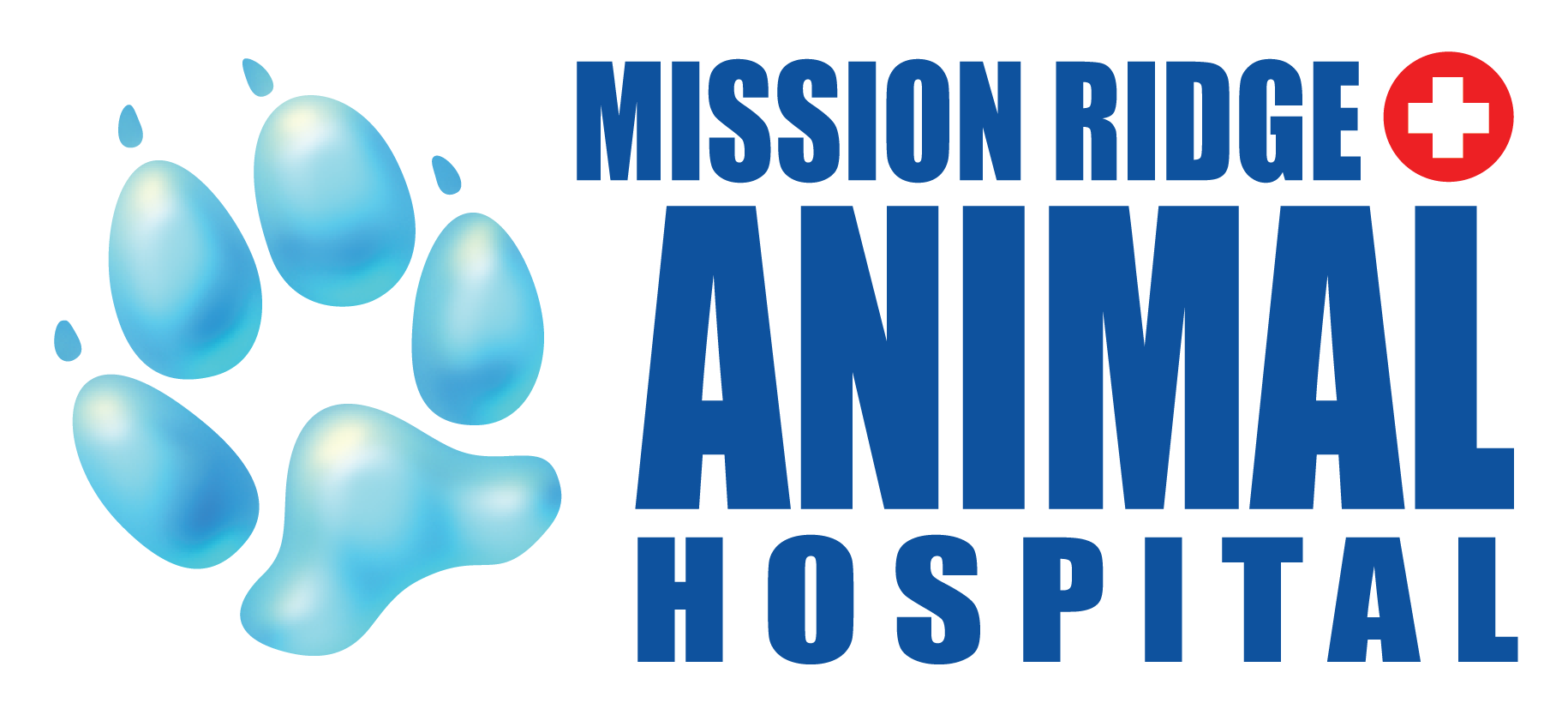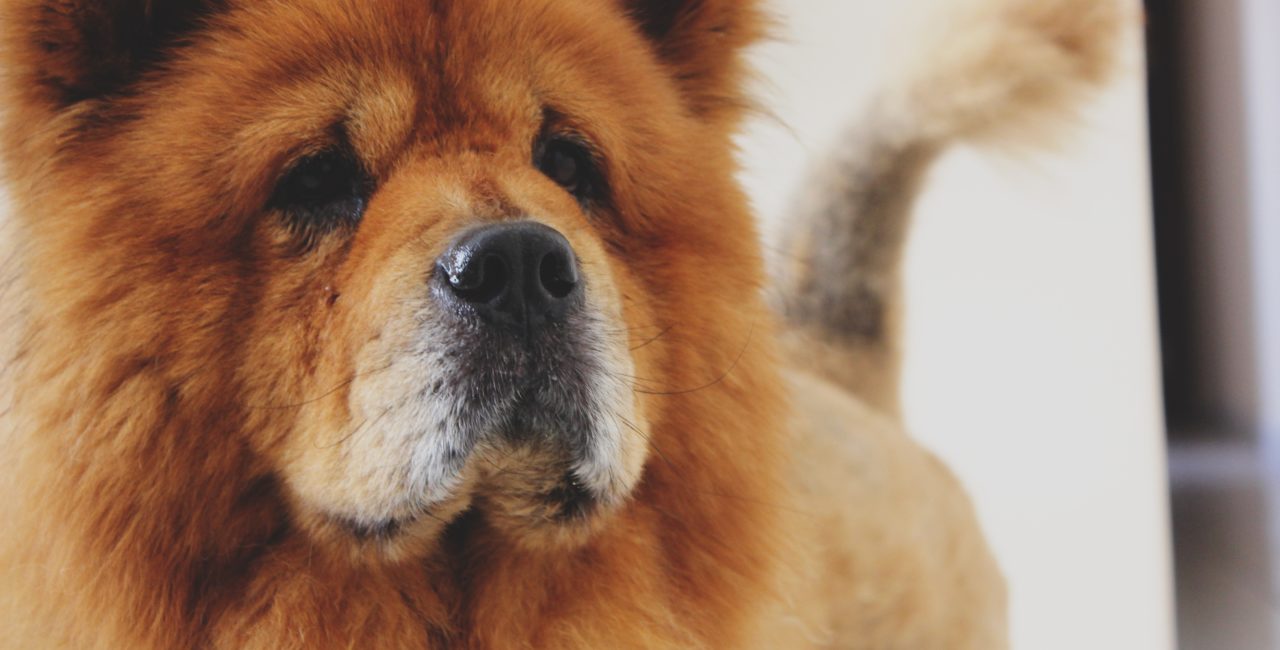Is your furry companion starting to age? Here are 10 things you should know about senior pets!
- Small Dogs and Cats are generally considered to be “Seniors at 7 years of age. Large dogs are considered Senior at 6 years of age.
- Senior pets are more susceptible to disease as they age. Diabetes, hyper or hypothyroidism, kidney disease, joint problems and yes even cognitive dysfunction.
- It is recommended that Senior Cats and Senior Dogs have a physical exam every 6 months and bloodwork annually. Many of the diseases mentioned above can be better controlled if discovered early.
- Senior diets are available especially for the nutritional requirements of your older pet. As they age their caloric requirements decrease as their activity slows down.
- Many Senior Pets have arthritis. Some common signs are slowing down, difficulty getting to a standing position, hesitant to walk up the stairs, sleeping more and even irritability.
- Incidence of cancer greatly increases as pets age. Lumps and bumps can start showing up on. Your Veterinarian can test theses lumps and monitor for cancer.
- Senior pets can get grey hair. Just like humans as pets’ age they can lose melanocytes or pigment in their hair follicles.
- As your pets age increases so does the amount of hours they spend sleeping. Dogs and cats on average sleep 14- 16 hrs a day, 18 -20 hours when they are seniors.
- Senior pets have an increased amount of dental disease. Regular dental exams and dental cleanings are recommended. Especially if they are having difficulty chewing their food.
- Senior pets are a wonderful addition to any family. If you want a quieter pet, who enjoys naps and cuddles a senior pet may be just for you. November is adopt a Senior Pet Month.



